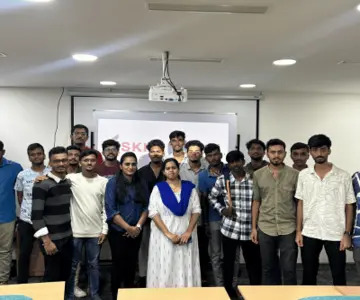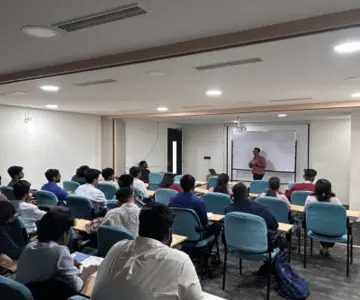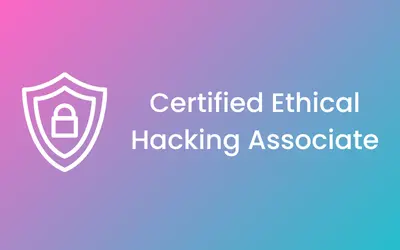CYBER SECURITY TRAINING IN BHOPAL
-

-
(12902 Reviews)
-
Skills: Gain crucial cybersecurity expertise in areas like network security, ethical hacking, incident response, and risk management.
-
Career: Explore diverse career paths such as cybersecurity analyst, penetration tester, security consultant, or network security engineer.
-
Syllabus: Dive into an extensive curriculum covering threat detection, cryptography, secure coding, compliance frameworks, and cybersecurity management in this in-depth training program.

























